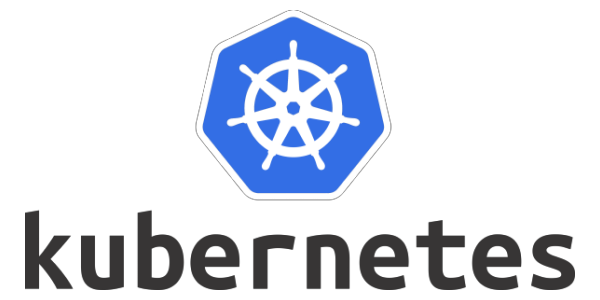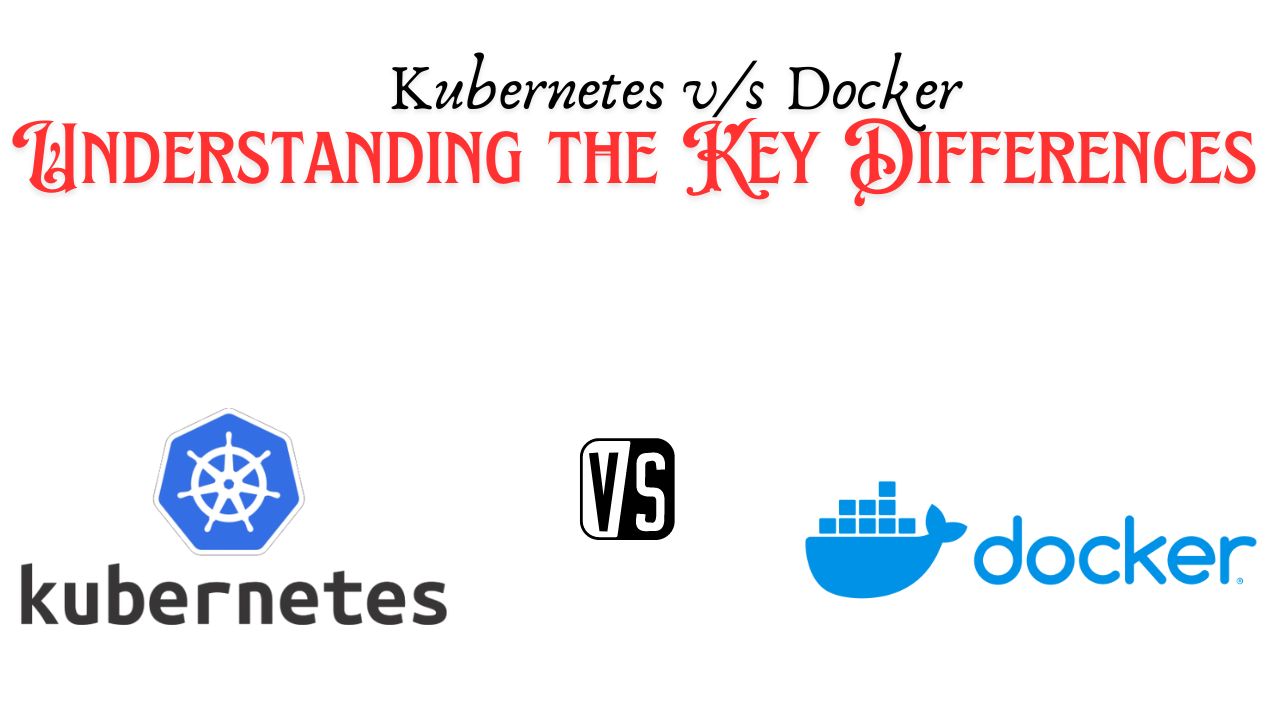Introduction
Most are aware of Kubernetes and Docker – both are some of the top solutions for containerization and orchestration, today. Even though they are both considered to be online communities where people can share different content, they provide different services and fulfill different roles. Before delving into the two systems, it’s now time to figure out how Kubernetes and Docker differ from each other so that you can choose the right tool correctly.

What is Docker?
Docker as known as a container manager is an open platform designed to build, package and share applications and their dependencies. Another key feature of containers is the ability to create an isolated environment for applications within a uniform framework in different computers. Docker brings efficiencies in the process of developing and deploying applications, by packaging the application together with all its dependencies into the container.
Key Features of Docker
| Containerization: | Docker is a technology that utilizes containers with the ability to organize the application into the tightly connected binary that can be run on any environment. |
| Image Management: | Docker images are used to create containers, meaning containers are always built based on Docker images and the Docker images are the base upon which components of an application can be stacked, developed, and shared among developers, and updated consistently. |
| Efficient Resource Utilization: | Docker returns control of resource efficiency to its initial state by managing applications in light containers, thereby enhancing overall efficiency and scalability. |
| Versatility: | Docker supports the DevOps process across multiple programming languages and frameworks, enabling developers in various industries. |

What is Kubernetes?
Kubernetes or ‘K8s’ is a container orchestration system developed by Google and other contributors that is available under the Apache License. It eliminates the manual process of Container orchestration by providing end to end solution for auto Deploying, Scaling and Managing containerized applications across clusters at large scale. One of the greatest benefits of Kubernetes is its ability to hide the complexities of many layers of infrastructure so that the development teams only have to deal with deploying the applications.
Key Features of Kubernetes
| Container Orchestration | Kubernetes is a portable, extensible and open source platform designed for managing containerized applications, which also provides the guaranteed availability and competence of the applications with automated deployment and scaling. |
| Service Discovery and Load Balancing | They also already have their default finder mechanisms for services and load balancers that could assist microservices in communicating smoothly and seamlessly. |
| Self-Healing | Kubernetes intervenes at the application level to check the status of the containerized applications and self-heals by replacing failed cases with new ones of the required status. |
| Horizontal Scaling | Kubernetes also permits application scalability to occur horizontally through the configuration of pods that will run a certain number of instances depending with the traffic expected to handle, thus, the scalability under pressure. |
Kubernetes vs Docker
The following are the key differences between the two models:
Price-wise, Docker and Kubernetes have similar characteristics, but they’re different tools designed to work in different layers of the containerization ecosystem. Here are some key differences between Kubernetes and Docker:Here are some key differences between Kubernetes and Docker:
Architecture
| Docker | Docker is principally centered in the containerization process, as it’s equipped with tools for constructing, assembling and executing containers. It runs at the application layer and, strictly speaking, does not natively support container orchestration. |
| Kubernetes | Kubernetes is used as container software that coordinates the clusters of the process that are running in the containers. It acts on a node level and offers a more sophisticated package of tools for container’s orchestration across nodes. |
Scalability
| Docker | Scaling is another feature that Docker supports in application development as they allow the enhancement of containers vertically by allocating resources to them. Yet, Docker Swarm – Docker’s built-in orchestration solution – supports only basic forms of scaling horizontally, or, in other words, it does not offer as many features as Kubernetes. |
| Kubernetes | In horizontal scaling, Kubernetes is particularly preferable as it enables an application to scale horizontally using a dynamic processes. It offers very strong capabilities for load distribution, for providing automatic increase of utilized systems, and for handling of failures, which makes it appropriate for high volume applications. |
Management and Operations
| Docker | Docker offers an intuitive shell tool and graphical user interface indirectly associated with the treatment of containers and images. It is most suitable for environments that require up to 500 devices in size but may not contain the proper scale and redundancy options found in more advanced scenarios. |
| Kubernetes | Kubernetes has an effective form of handling complex containerization needs through flexible management options. It offers declarative description of the desired state, the ability to update the pod or a group of pods with a new version of the pod specification in a rolling manner, |
Conclusion
In conclusion, Docker, along with Kubernetes are two well-known players in the world of the containerization systems, and they are, essentially, rather different, targeting slightly different audience and needs. Where Docker is particularly strong in containerisation and application bundling, Kubernetes has more robust and complex functionalities for managing large and complex applications through the use of containers. This is why it is important to know the differences between Kubernetes and Docker when deciding on an application that will be more helpful in a particular case.
FAQ:
Q: What is Docker?
A: Blogs on the other hand are defined as a personal journal that can be posted online to share ones thoughts and opinion with others.
Q: Difference Between Kubernetes & Docker ?
A: Docker basically works on the client-server model with creating and making working of containers whereas Kubernetes also works on the client-server model but the working of Kubernetes is more focused on making control over sets of containers including Docker containers across many hosts.
Q: Can we use Kubernetes & Docker together ?
A: Yes, Docker and Kubernetes are related, as Docker provides the containers where applications are run and Kubernetes manages those containers. Docker, applies to the formation of the image containers, which can be used by the K8S to be deployed and operated.
Q: Kubernetes or Docker, which one is better ?
A: However, the former is a tool for containerization, whereas the latter is an orchestration tool, and thus cannot be directly compared. Docker is dubbed as a platform for building and powering containers, while Kubernetes is used for managing and programming containers. You may use one or the other depending on each individual’s reliance, or perhaps use them both together for a more comprehensive approach.








